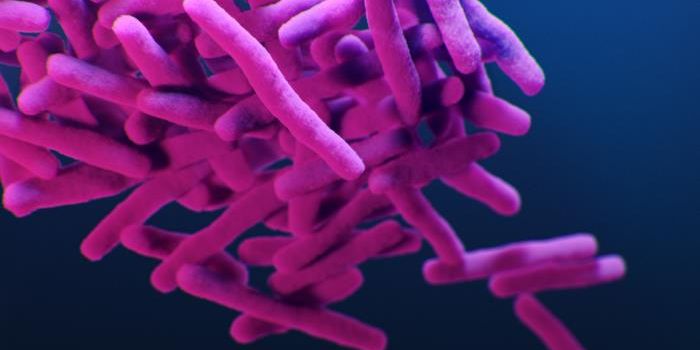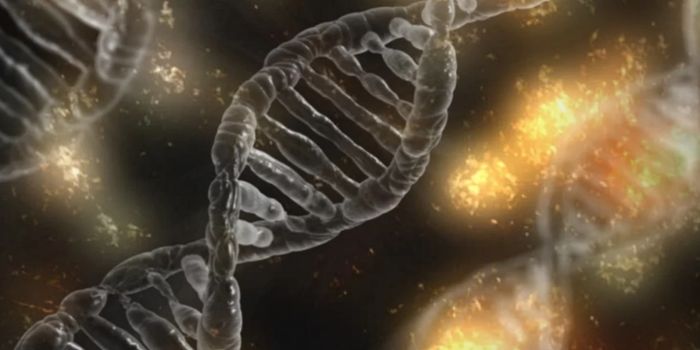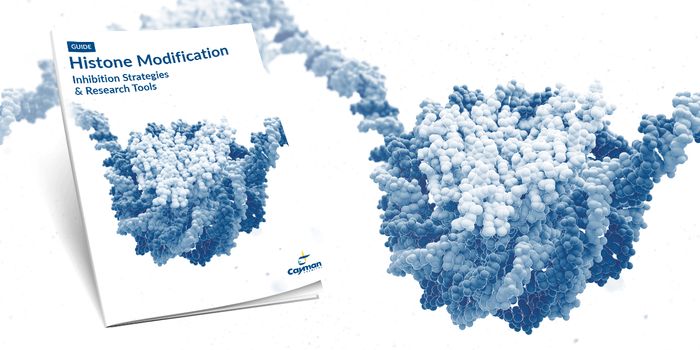Connecting Bacterial Genes to Human Disease
We are closely connected to our microbiome, and scientists are beginning to learn more about the physiological impact of various bacterial species, and what a healthy or unhealthy microbiome might look like. All of the microbes in the microbiome carry their own genes and express their own proteins, some of which are released into our bodies, and have some effect on us. Researchers have now characterized bacterial genetic signatures and linked them to several conditions, including inflammatory bowel disease, colon cancer, coronary artery disease, cirrhosis, and type 2 diabetes. The findings have been reported in Nature Communications, and they may be useful in developing diagnostic tests that predict or identify disease.
This work revealed that three of those diseases: inflammatory bowel disease, coronary artery disease, and cirrhosis, share many of the same genes in their signatures. Thus, people that carry these bacterial genes in their gut microbiomes are probably more likely to have one or more of these diseases. However, the signature of type 2 diabetes was unlike the others. The researchers suggested that this study is a significant step forward on the path to using fecal samples as diagnostic tools for multiple disorders.
"This opens a window for the development of tests using cross-disease, gene-based indicators of patient health," said first study author Braden Tierney, a graduate student in the Biological and Biomedical Sciences program at Harvard Medical School (HMS). "We've identified genetic markers that we think could eventually lead to tests, or just one test, to identify associations with a number of medical conditions."
There is still a lot more to learn about how exactly these genes are associated with those disorders, and whether they are part of the cause or just part of the disease state.
"Our study underscores the value of data science to tease out complex interplay between microbes and humans," said study co-senior author Chirag Patel, associate professor of biomedical informatics in the Blavatnik Institute at HMS.
In this study, the researchers assessed microbiome data from 2,500 patients in 13 groups. Computational tools modeled the links between the seven diseases, plus bacterial metabolic pathways and genes. The work suggested that bacterial genes, not bacterial families, were better indicators of a given condition.
Additional findings indicated that the bacterium Solobacterium moorei and colon cancer don't share a consistent link, which is contrary to previous work. However, certain genes carried by a subspecies of S. moorei were connected to colorectal cancer. This can show how bacterial genes are better biomarkers of disease than current approaches that look for bacterial families. Precise relationships between diseases and bacterial genes will make diagnostic tests better, noted Patel. For colorectal cancer, identifying specific S. moorei strains would be more useful, for example.
There were only weak links between the gut microbiome and two other conditions: ear inflammation and adenomas, so the microbiome is probably not related to their development and not useful in diagnostics related to these disorders.
"The ultimate goal of computational science is to generate hypotheses from a huge swath of data," said Tierney. "Our work shows that this can be done and opens up so many new avenues for research and inquiry that we are only limited by the time, people, and resources needed to run those tests."
Sources: AAAS/Eurekalert! via Harvard Medical School, Nature Communications









